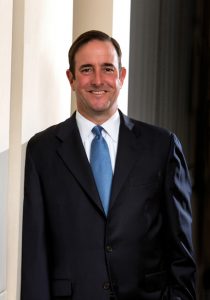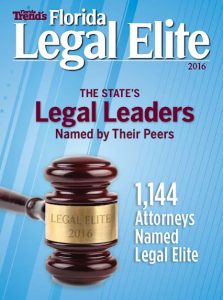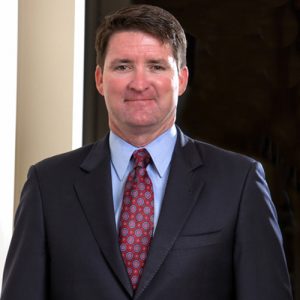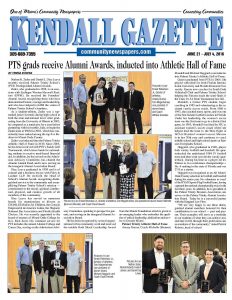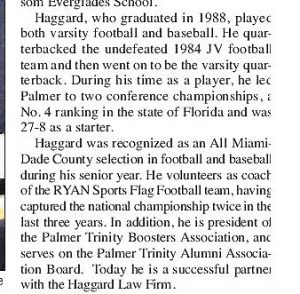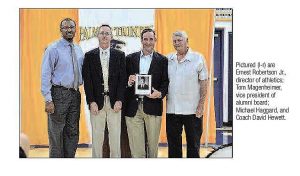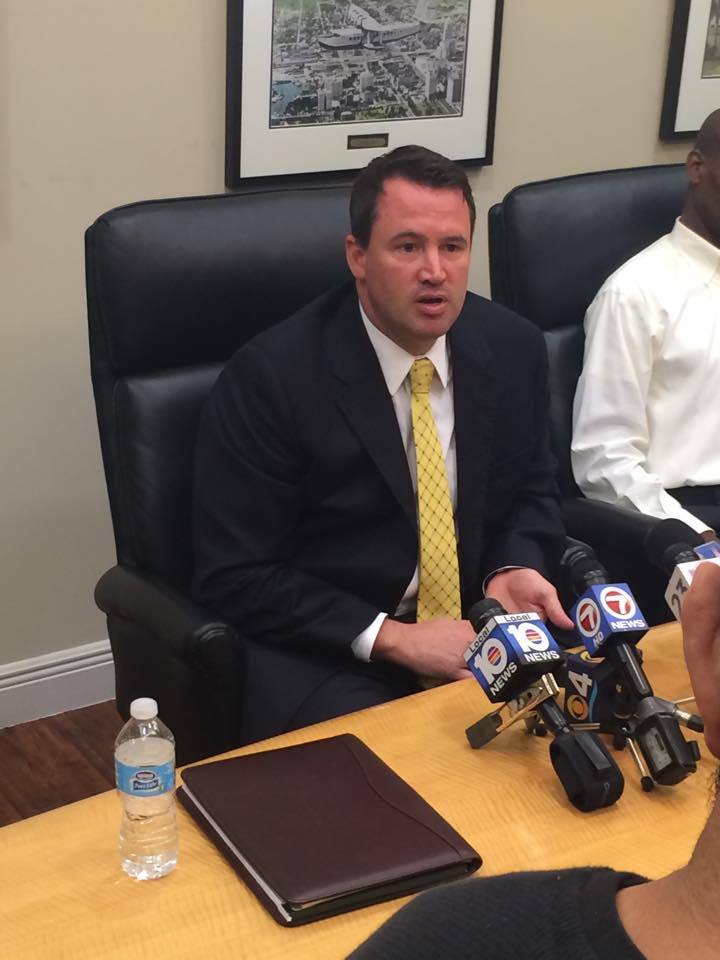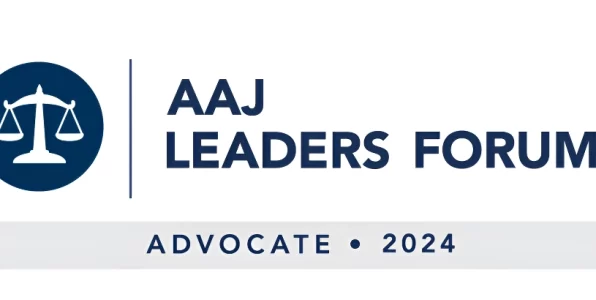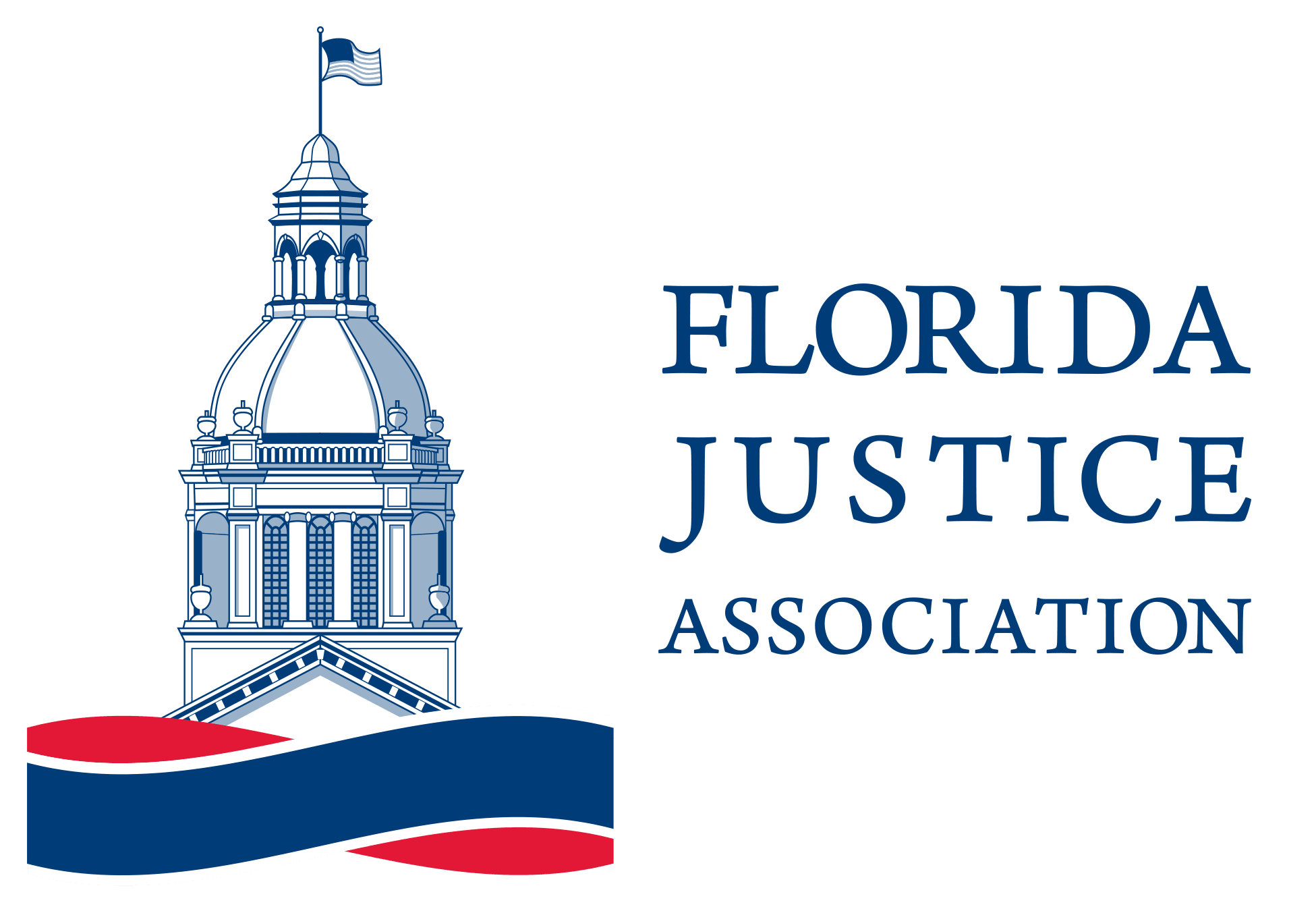By: Christopher Marlowe, The Haggard Law Firm
Preparing to exceed the burden of proof and maximizing damages begins at client signup. The defense counsel has a head start. From the moment of loss, the defendant has secured or destroyed evidence, interviewed witnesses, researched the client, developed theories of defense, comparative fault, and otherwise played five or six key chess moves before plaintiff counsel even knew they were in the game.
Assuming the defendant is tireless and meticulous in its work is the only safe and essential assumption plaintiff counsel should make when preparing a case. Regardless of the cause of action, assume that the plaintiff and every friendly known witness has a history that, if known, will adversely affect the ultimate outcome. Until proven otherwise through the use of public records and interviews, all of which should occur pre-suit outside of formal discovery, remain vigilant in learning everything to know about the client and witnesses that may be called on throughout the litigation. Background checks, civil, criminal and family court files all will either confirm a cautiously optimistic impression of the plaintiff, or prepare to deal with the collateral—usually irrelevant, but always distracting—attacks upon the person of your client when the time comes. The same exercise is performed upon all anticipated defendants.
This pregame ritual requires an attorney/client relationship that exceeds the formality of the client contract. As advocates, attorneys should remain focused on the end game, but along the way, the attorney-client relationship must be a candidly safe space. Building the trust necessary to avoid surprises down the line involves introducing other staff upon initiation of the attorney-client relationship. My assistant regularly phones witnesses and clients, even when no information is needed and when no deadlines are looming. This process signals to the client the reality that we are working hard for them, and increases the probability that we will learn in advance of any issues that may prove troublesome down the road.
Once in suit, the rules of discovery and formal deadlines begin to take hold of an attorney’s case building efforts, which makes the “informal” pre-suit information gathering process all the more important. As such, guard against rushing into suit. The time to mercilessly press for a special set trial begins after committing to the case armed with all reasonably available information and background materials on everyone involved.
Attorneys know in advance those materials that will be asked of the clients in standard discovery requests, but shouldn’t attorneys have learned as much as possible about the defendant and possible witnesses before filing suit? Filing suit is the moment in which we regain the tactical edge, because together with the complaint, targeted discovery requests based on information and materials we learned pre-suit ensure the defendant is responding to us rather than the other way around. And when the inevitable discovery is propounded upon the client, staff and attorney time is not wasted gathering materials and information that should have been in their possession from the beginning.
Whether an automobile accident, premises liability, medical negligence or product liability case, pre-suit research should inform attorneys of obstacles to success, and tools available to address those challenges as they arise. The internet is a tremendous resource, which should be used to identify the original source materials available for more detailed exploration. For example, in a premises liability case at a shopping mall, an attorney may not have pre-suit access to the leases between the various merchants and the management company or landowner. But if applicable to the facts of the case, the county record department will have any relevant easements pertaining to the property on file, often with supporting materials that one would not expect to find in a clerk’s office, including correspondence between landlords and tenants. In a dram shop case, the state licensing board for alcohol permits will have submissions from the applicant in order to have obtained the license to serve alcohol. The documents may include extensive correspondence by the soon-to-be defendant regarding the scale and scope of the intended use of that license, prior negative incidents, and attorneys may be surprised by the detailed photographs or schematic drawings of the establishment.
This pre-suit effort likely will not deliver a case on a silver platter. It may not ultimately provide the silver bullet at the first key deposition, where information obtained outside of discovery truly has the ability to surprise opposing counsel. But those attorneys who have dug as deeply as possible into all foreseeable issues and contingencies pre-suit will more efficiently prosecute the case and be ready to confidently select a jury the first time the case is up at calendar call. And, if an attorney by chance does find that silver bullet before the case is even filed, all the better.
By Christopher Marlowe, Partner, The Haggard Law Firm (pictured below)
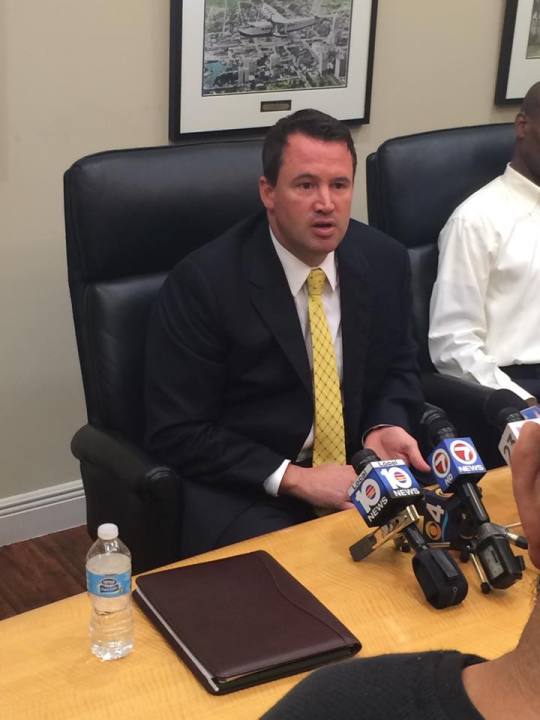
This article was firs published in the Daily Business Review:


